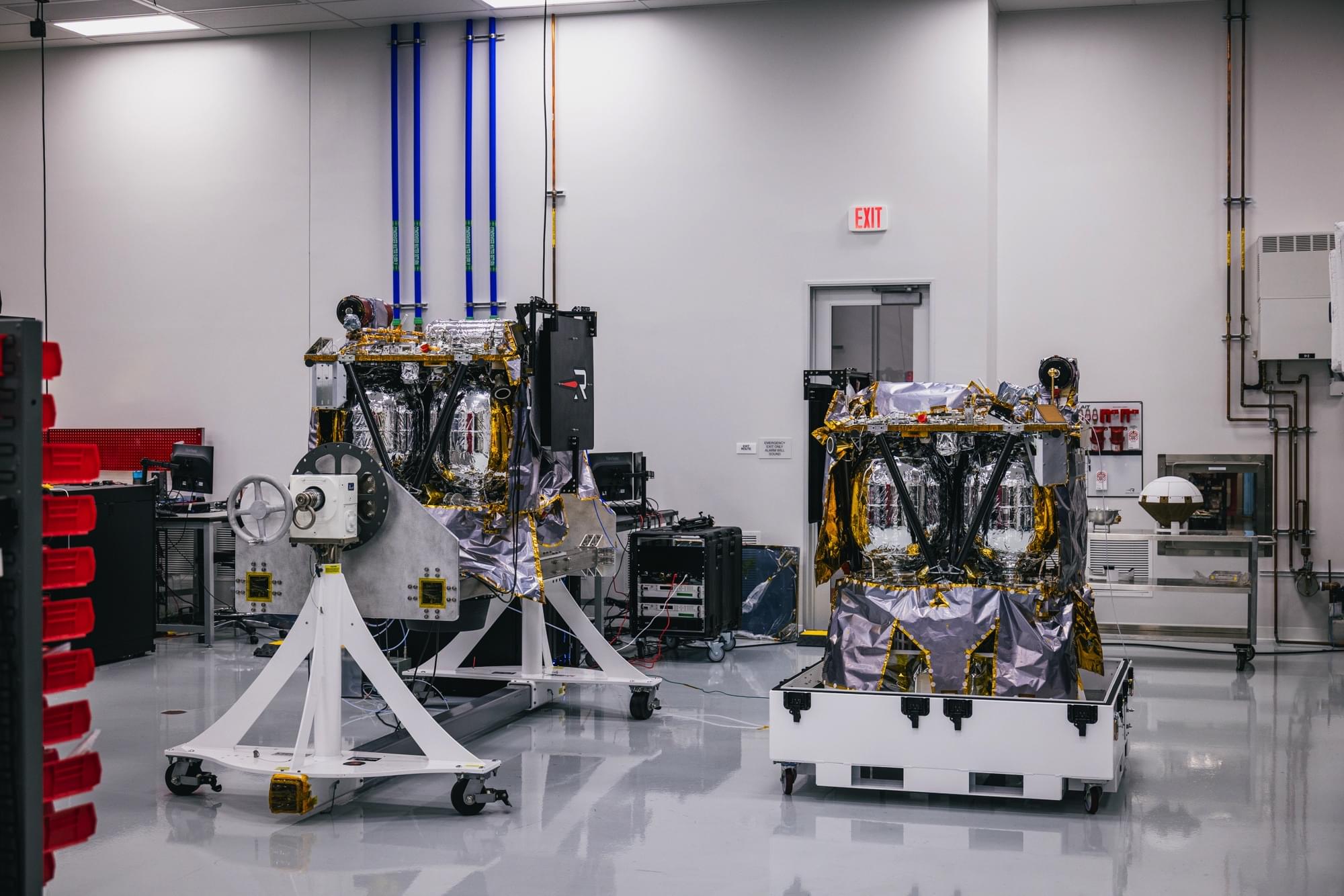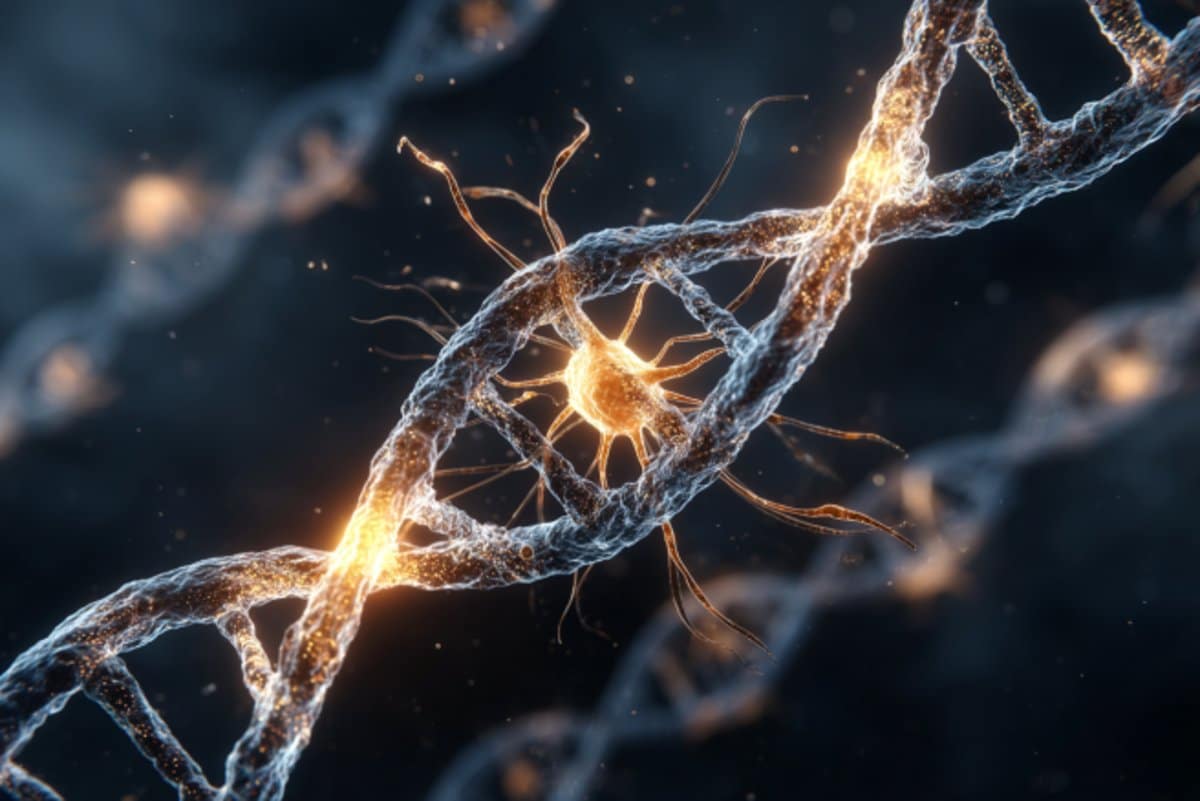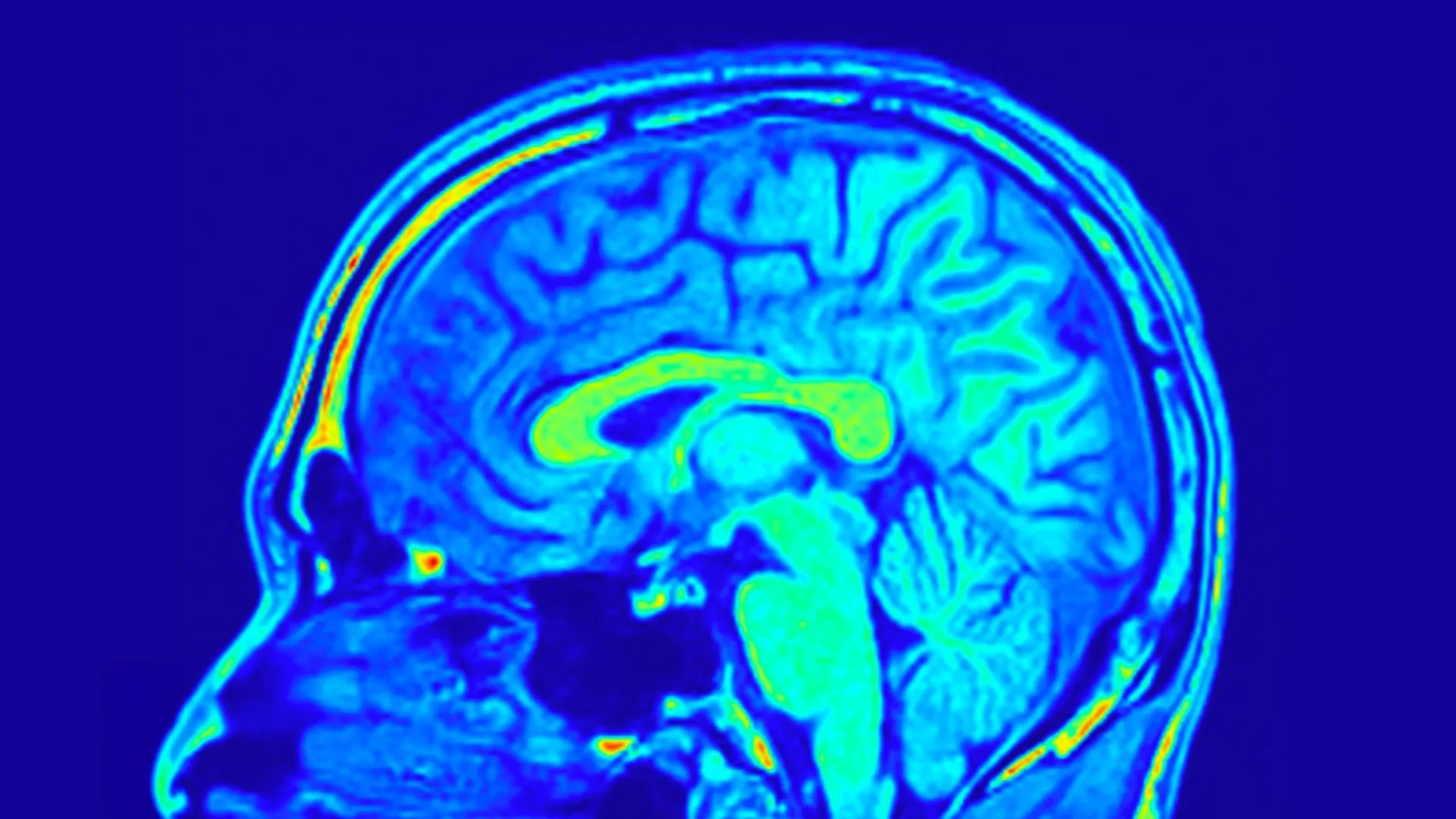In most parts of the world, the apple snail is an invasive pest, but in the lab, they’re invaluable piece of the ocular regeneration puzzle.




Scientists at Lawrence Livermore National Laboratory (LLNL) have helped develop an advanced, real-time tsunami forecasting system—powered by El Capitan, the world’s fastest supercomputer—that could dramatically improve early warning capabilities for coastal communities near earthquake zones.
The exascale El Capitan, which has a theoretical peak performance of 2.79 quintillion calculations per second, was developed at the National Nuclear Security Administration (NNSA). As described in a preprint paper selected as a finalist for the 2025 ACM Gordon Bell Prize, researchers at LLNL harnessed the machine’s full computing power in a one-time, offline precomputation step, prior to the system’s transition to classified national-security work. The goal: to generate an immense library of physics-based simulations, linking earthquake-induced seafloor motion to resulting tsunami waves.
The paper is published on the arXiv preprint server.

Which leads us to a strange but necessary question:
If the universe is just structure — just syntax — then where’s the meaning?
Because that’s what we’ve been trying to find all along, isn’t it? Not just patterns. Not just formulas. But something is behind it. Something in it. A message. A cause. A reason why anything is the way it is. Something we could point to and say, “There — that’s what it’s all about.”
3:04 The Illusion of Physical Reality — Is Anything Really There?
10:16 Quantum Mechanics — When Reality Stops Making Sense.
18:04 The Holographic Principle — A Universe Made of Information.
26:24 Quantum Fields, Not Particles — The Fabric Beneath Matter.
33:29 Emergence — Time, Space, and Matter Are Not Fundamental.
41:49 Simulation Theory — But with a Physics Twist.
49:12 Quantum Gravity and the End of Local Reality.
57:29 Consciousness and the Collapse of Reality.
1:06:11 The “It from Bit” Hypothesis.
1:15:37 Experimental Clues — When the Universe Disobeys Logic.
1:23:46 If the Universe Isn’t Real, What Are We?
1:33:13 Could Physics Be Telling Us There’s No ‘There’ There?
1:39:33 Is the Universe a Language Without a Speaker?
1:46:53 So… What’s Left? Do We Actually Exist?
1:52:07 The Ultimate Twist — Could “Nothing” Be the Most Real Thing?
1:57:07 What If the Universe Is the Biggest Illusion Ever Constructed?
If you keep peeling everything back, does anything actually remain?
That’s the uncomfortable part. Because there’s a difference between saying “nothing exists the way we thought” and saying “nothing exists at all.” The first is about interpretation. The second is about presence. One reframes reality. The other questions whether there’s anything there to reframe.


A public‑private partnership between Commonwealth Fusion Systems (CFS), the U.S. Department of Energy’s (DOE) Princeton Plasma Physics Laboratory (PPPL) and Oak Ridge National Laboratory has led to a new artificial intelligence (AI) approach that is faster at finding what’s known as “magnetic shadows” in a fusion vessel: safe havens protected from the intense heat of the plasma.
Known as HEAT‑ML, the new AI could lay the foundation for software that significantly speeds up the design of future fusion systems. Such software could also enable good decision‑making during fusion operations by adjusting the plasma so that potential problems are thwarted before they start.
“This research shows that you can take an existing code and create an AI surrogate that will speed up your ability to get useful answers, and it opens up interesting avenues in terms of control and scenario planning,” said Michael Churchill, co‑author of a paper in Fusion Engineering and Design about HEAT‑ML and head of digital engineering at PPPL.


IN A NUTSHELL 💡 The European Union plans to invest $30 billion to establish a network of high-capacity AI data centers. 🌍 This initiative aims to enhance the EU’s global standing in the artificial intelligence market. ⚙️ The project involves the development of gigawatt-scale data centers to support millions of AI GPUs. 🔌 Challenges include

Researchers have discovered that parts of the human brain age more slowly than previously thought—particularly in the region that processes touch. By using ultra-high-resolution brain scans, they found that while some layers of the cerebral cortex thin with age, others remain stable or even grow thicker, suggesting remarkable adaptability. This layered resilience could explain why certain skills endure into old age, while others fade, and even reveals built-in compensatory mechanisms that help preserve function.